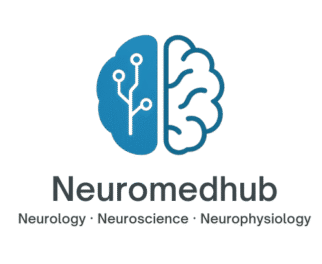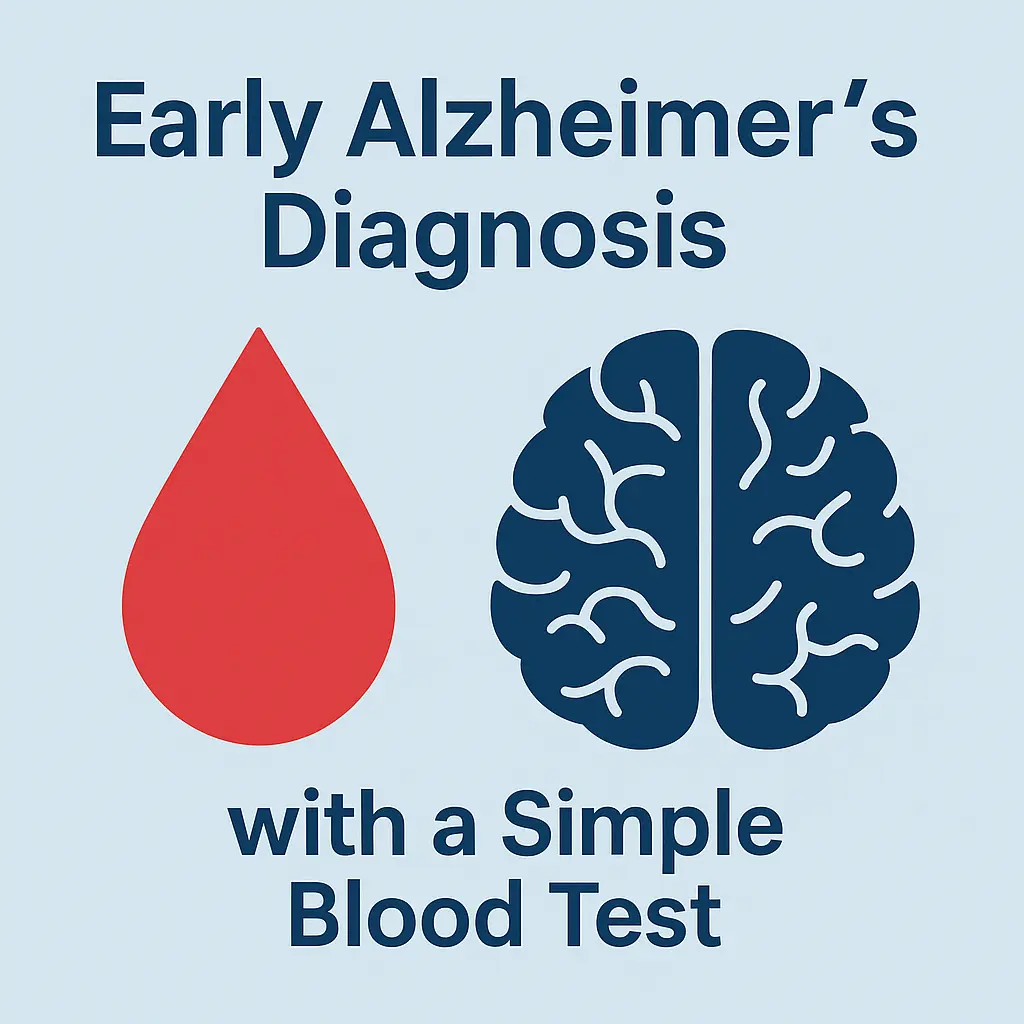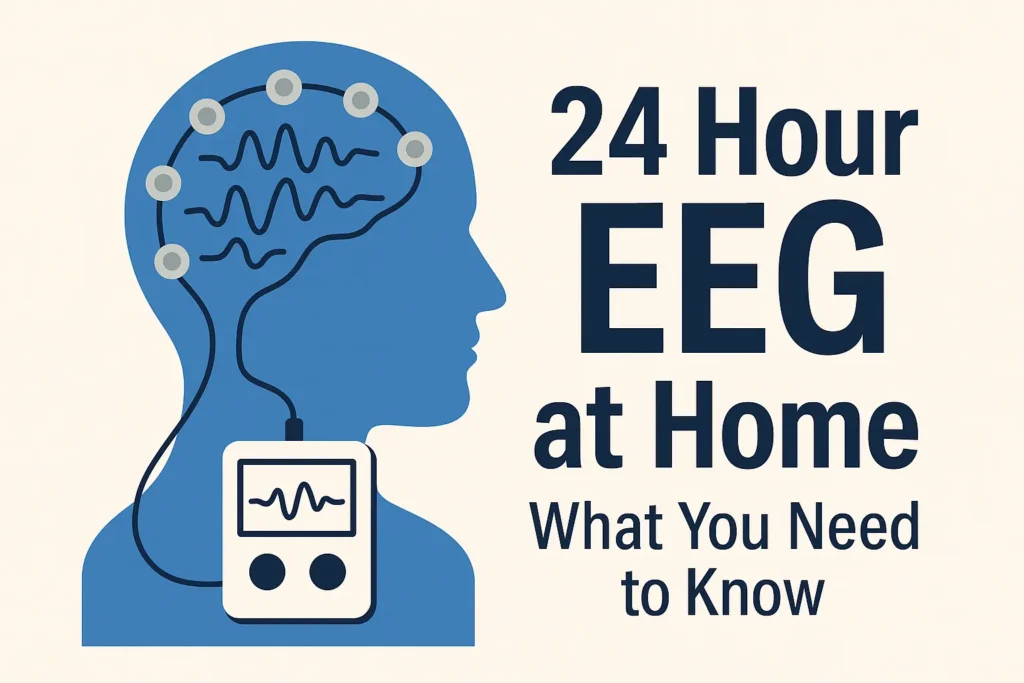Alzheimer’s disease is the most common cause of dementia worldwide, affecting millions of people and families. Until now, diagnosing Alzheimer’s early has been very difficult. Doctors usually relied on cognitive testing, brain imaging (like PET scans), or spinal fluid analysis, which are costly and not always accessible.
But a new breakthrough is changing this picture: scientists have developed a simple blood test that can detect Alzheimer’s disease in its earliest stages — even years before symptoms appear.
 How Does the Alzheimer’s Blood Test Work?
How Does the Alzheimer’s Blood Test Work?
The test looks for biomarkers — specific proteins in the blood that are linked to Alzheimer’s disease. One of the most important is called amyloid-beta, which builds up in the brain of Alzheimer’s patients. Another is tau protein, associated with brain cell damage.
By measuring these proteins in the blood, researchers can get a clear signal of who might develop Alzheimer’s, long before memory problems or confusion begin.
 Why Is This Important?
Why Is This Important?
Early diagnosis: Patients can start treatment earlier, when it is most effective.
Easier access: Blood tests are less invasive than lumbar punctures and much cheaper than brain scans.
Prevention focus: Detecting risk early allows people to adopt brain-healthy habits (diet, exercise, sleep, mental activity) to slow down progression.
 What This Means for Families and Patients
What This Means for Families and Patients
For families, this is a major step forward. Too often, Alzheimer’s is diagnosed when symptoms are already advanced. With this blood test, doctors can identify the disease at a much earlier stage, giving families more time to prepare, plan, and support their loved ones.
It also opens the door for mass screening in the future — just like cholesterol or blood sugar tests — so Alzheimer’s might one day be checked routinely in older adults.
 Limitations to Keep in Mind
Limitations to Keep in Mind
It’s important to note that the Alzheimer’s blood test is not a final diagnosis. Doctors still need to combine it with a full clinical evaluation, imaging, and other tests. But it is a powerful new tool that could make the path to diagnosis much faster and more accurate.
 Takeaway
Takeaway
This innovation is a real game-changer in neurology and clinical neurophysiology. Alzheimer’s blood tests are bringing us closer to a future where early detection is simple, accessible, and affordable.



